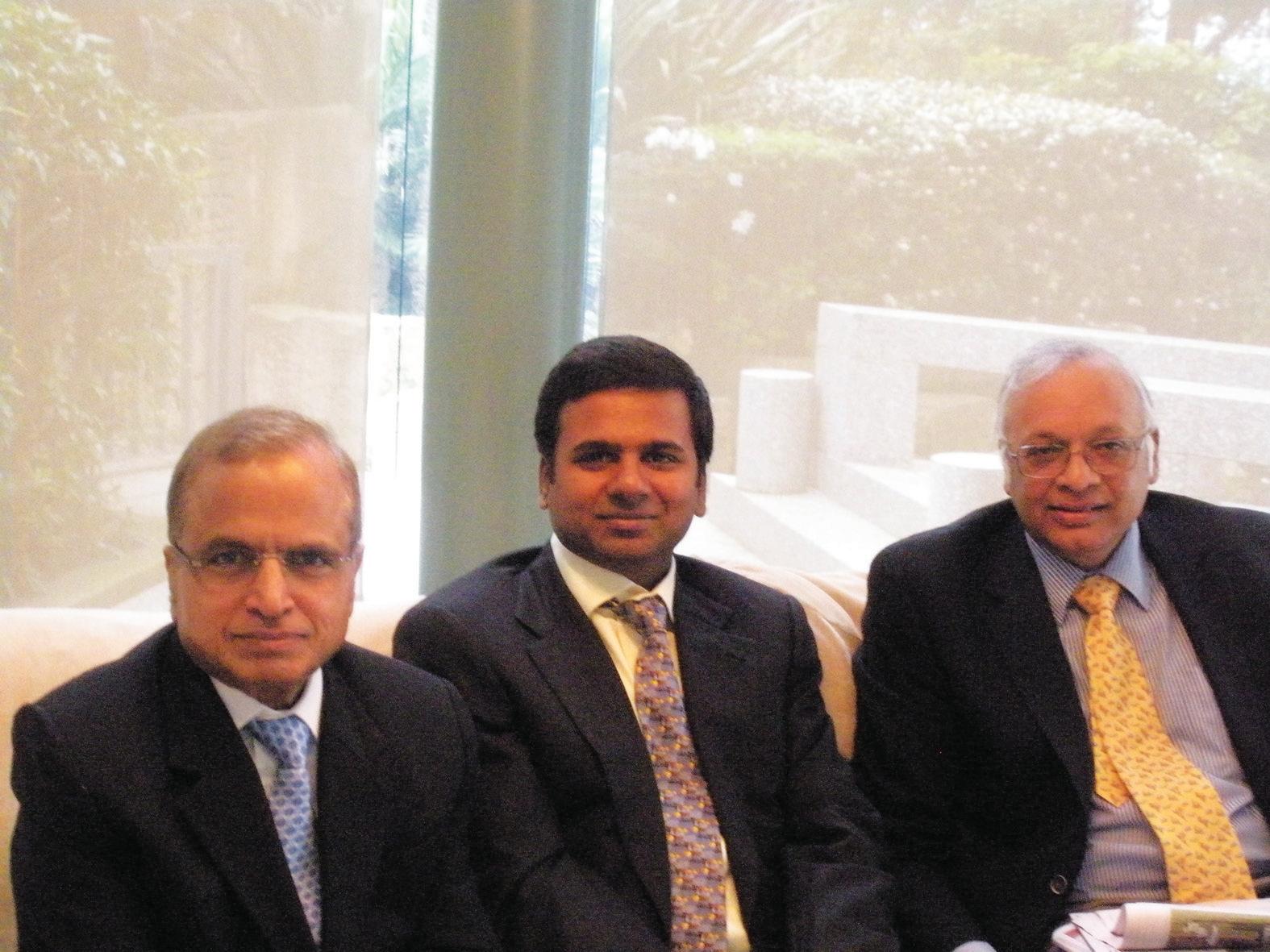
2 minute read
Indian company sets up edible oil plant in NSW
from 2009-09 Sydney (2)
by Indian Link
Indian conglomerate Bhoruka Group is all set to establish an oilseed and crushing facility in Wagga Wagga, making it one of the largest greenfield Indian investments in eastern Australia. The A$63 million agribusiness venture – Riverina Oils and Bio Energy (ROBE) Pty Ltd, hopes to boost trade ties between the two countries in the wake of strained diplomatic relations.
The 170, 000 tonnes a year oilseed crushing and edible oil refining plant will be operational by October 2010 in Wagga Wagga, 470km south-west of Sydney. Senior officials from the Bhoruka Group, a key shareholder in ROBE, were in Australia for the plant’s ground-breaking ceremony in early September.
While S N Agarwal, chairman of ROBE and Transport Corporation of India, hopes the venture would pave the way for more Indian businesses to invest in Australia, he has urged for more support from the Australian government. “The Australian government has been fantastic and extremely cooperative. We have been granted across-the-table permits unlike in India, where a businessman would spend at least a year in securing permits from different departments.”
“However, the Australian government should come out more aggressively in support of Indian businesses wanting to set up base here. They could subscribe 10 per cent of our capital and costs incurred in setting up infrastructure. If they created a fund to raise capital, it would make investments in Australia even more attractive. In other words, we are asking the government to hold our hand,” Agarwal told Indian Link, in an interview.
The businessman, however, dismissed the need for any concessions or subsidised power costs, instead stressing on the importance of creation of a partial fund.
“The two things Indian businesses can bring in are capital and entrepreneurship. Australia, on the other hand, has great productivity and technology in the agricultural field. We do not need any concessions but only help on these fronts. We have brought 100 per cent capital for this project from India,” he added.
Agarwal also observed that the plant, spread over 18 hectares, would bolster trade relations. “In the background of the recent attacks on Indian students, investment and trade will improve relations between the two countries substantially,” he said.
The company believes that the timing cannot be more suitable for an investment of this nature, despite most companies shying away from any expansion plans in the global economic recession.
“Products like sugar and oil are recession-proof. Besides, the Indian economy hasn’t been so badly hit,” said DD Saxena, Managing Director, of ROBE.
Saxena noted that Wagga Wagga’s agricultural land combined with Down Under’s access to logistics and storage makes the location ideal.

“It also provides flexibility to different oilseeds like canola and soya. The technology is fairly sophisticated and we can have a diverse plant that can extract up to 99 per cent of oil in the most costeffective manner,” added Saxena.
The company will export some of its 65,000 tonnes a year of refined vegetable oil to food industry customers in India, Japan, other parts of Asia, Europe and the United States. It will also produce 105,000 tonnes a year of vegetable protein meal for use in the Australian poultry, dairy and animal feed industry. The company is also considering expansion plans and hopes to double its capacity by March 2011. The plant will also produce up to 75 million litres of biodiesel, converted either from refined oil or imported palm oil.
The project hopes to create 65 direct jobs in phase one, and up to 500 indirect jobs in the construction, transport and logistics sectors. Almost 15,000 truckloads or rail container movements a year would be needed to carry 350,000 tonnes of raw materials and finished products, according to the company press release.
The company is also considering the possible use of biomass, such as the residue from Riverina vineyards and citrus orchards or Queensland sugar cane, to generate power.
Preeti Kannan










